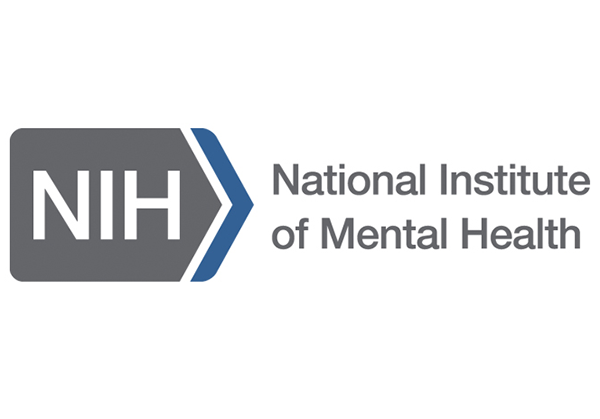
On Wednesday, April 3, 2019, the National Institutes of Health (NIH) hosted an Ethics Grand Rounds lecture titled Conflicts Between Religious Beliefs and Clinical Interests. The lecture was presented by Dave Wendler, Ph.D., and led by Farr Curlin, MD, (Josiah C Trent Professor, Trent Center for Bioethics, and Co-Director, Theology, Medicine, and Culture Initiative, Duke Divinity School, Duke University).
Dr. Wendler began by introducing the case of a woman diagnosed with late stage cancer. She was presented with three options by her physician. One of these options involved enrollment in an early-stage clinical trial and was the least favored option by her physician. The patient chose this option and cited her spiritual beliefs in her reasoning. The physician felt obligated to consider the ethical ramifications of his patient’s decision and rationale. However, the physician was also presented with a dilemma regarding his response to the patient’s spirituality and to what extent he could (or should) question her decision or try to convince her otherwise.
Professor Curlin shared his research, both qualitative and quantitative, about discussing religion and spirituality in a clinical setting. He raised the issue of respect which applies to both the patient and the clinician—can a non-religious clinician respect a religious patient and vice versa? Competency, autonomy, and neutrality were recognized as vital principals in the relationship between patient and clinician which can be strongly affected by religion and the response to spirituality within the medical decision process.
Professor Curlin introduced the concept of "holy transgressions" and further addressed the barriers and separations between medicine and religion in the modern context. He revealed that clinicians who discussed religion with their patients were more likely to refer those patients to chaplains. He also described the ways in which religious clinicians or clinicians who openly communicate about spirituality with their patients are more able to cultivate open conversation. Communication is vital in building trust and creating holistic health plans.
The lecture highlighted a need for the assessment of current norms surrounding spiritual concerns in medical settings. When dealing with cancer and other high-mortality diagnoses, clinicians are necessarily dealing with the reality and concept of life and death in more comprehensive terms. Thus, it is imperative for medical professionals to consider the ways in which religion, spirituality, and worldview shape the decisions and outcomes of their patients.
NIH protects and welcomes employees from all religious backgrounds, and it is important to recognize that patients are also a large demographic to consider when conceptualizing and actualizing religious accommodation at NIH.
Resources
- Watch the lecture
- Employee Workplace Religious Accommodation Toolkit
- Manager Workplace Religious Accommodation Toolkit
Do you have a story idea for us? Do you want to submit a guest blog? If it's about equity, diversity, or inclusion, please submit to edi.stories@nih.gov.
For news, updates, and videos, follow or subscribe to EDI on: Twitter, Instagram, Blog, YouTube.






